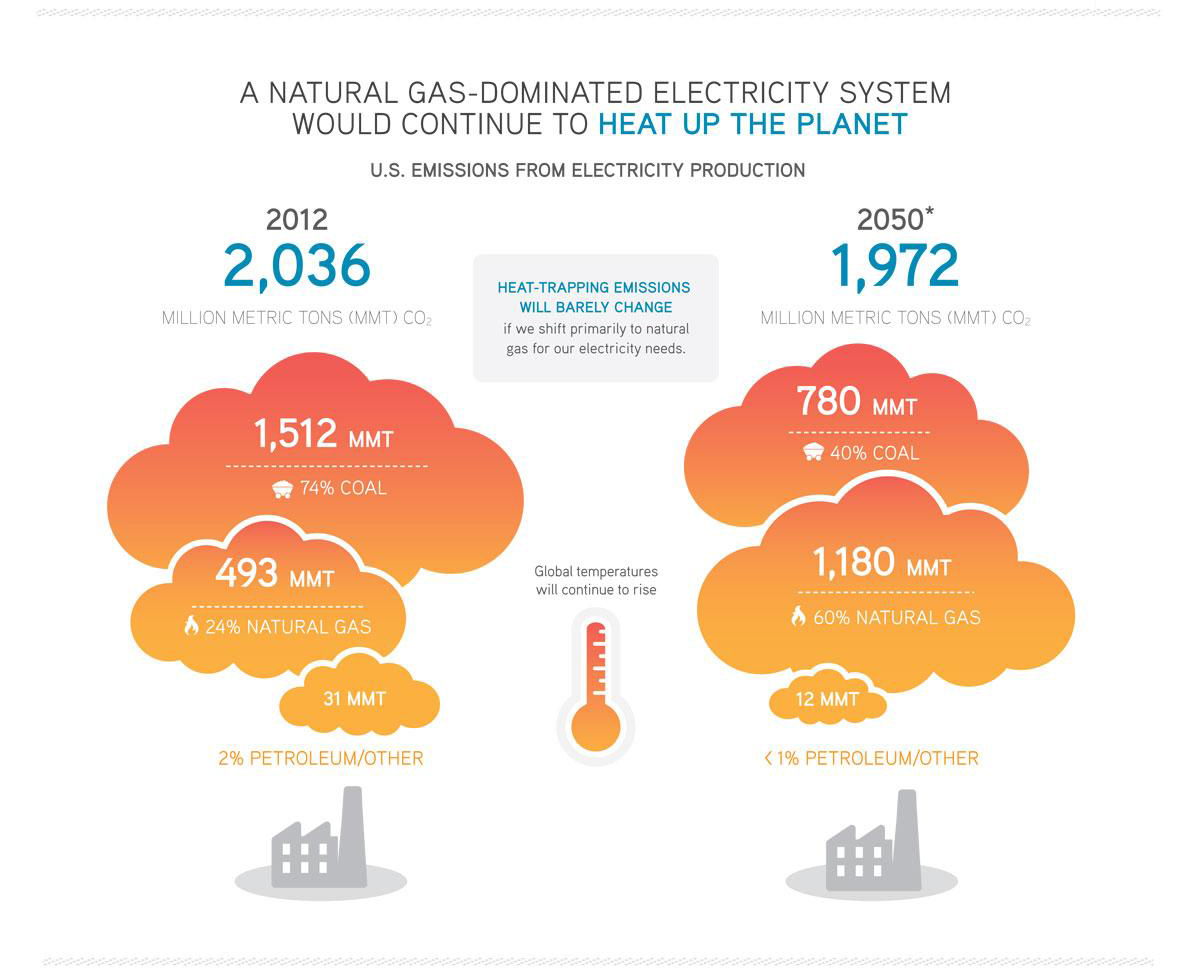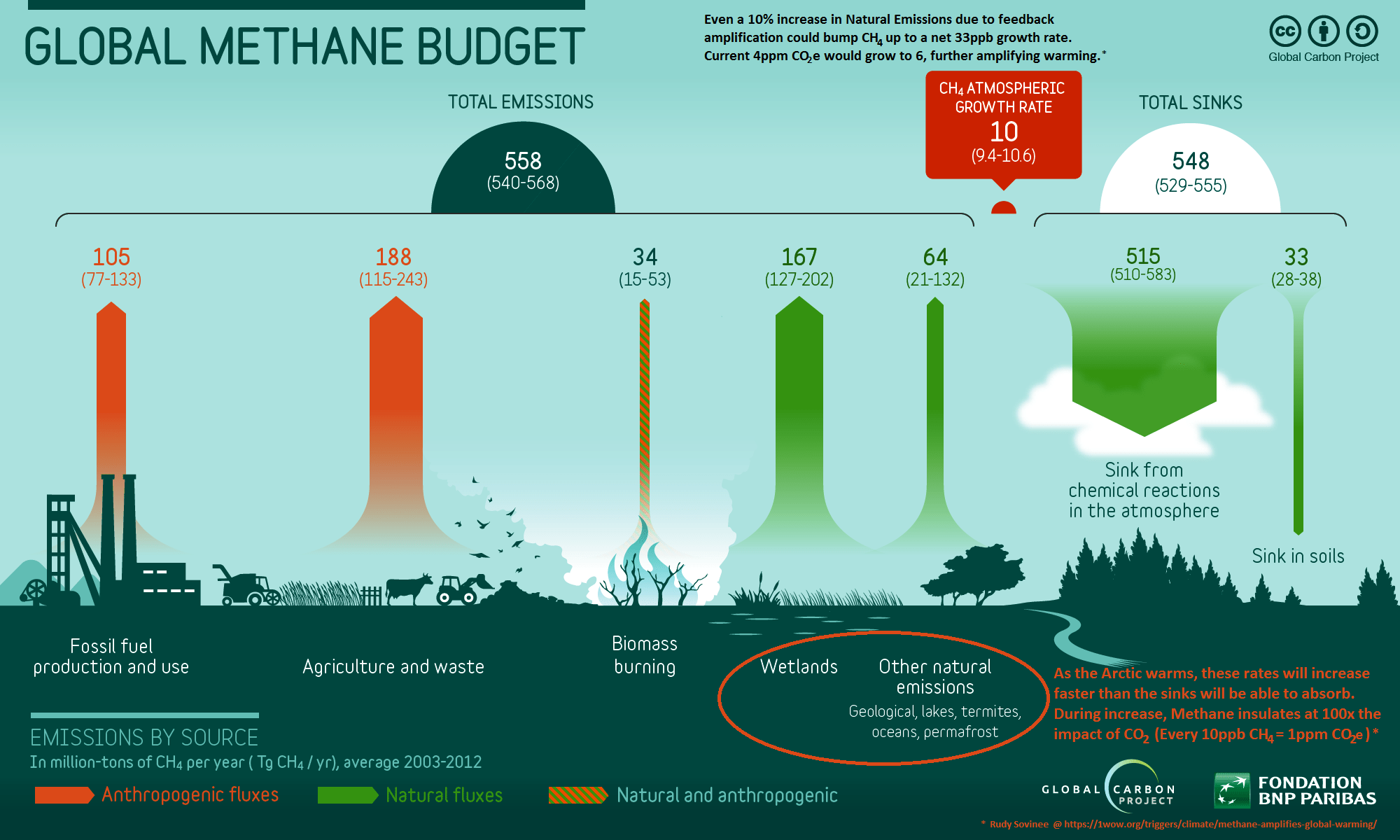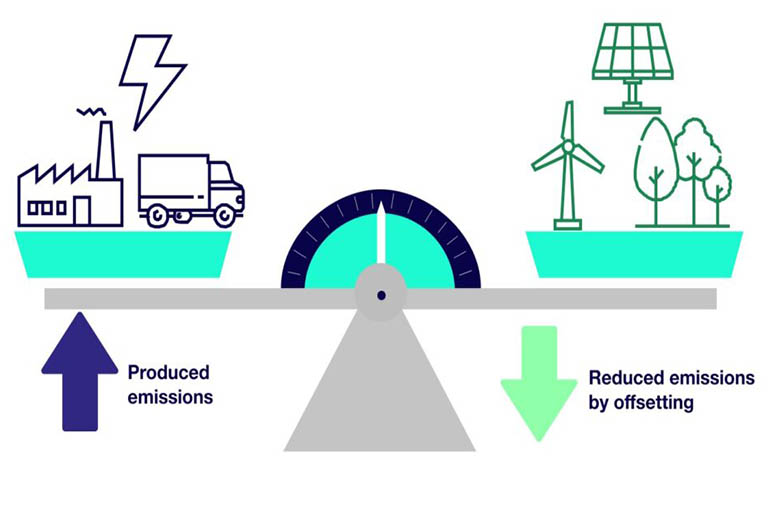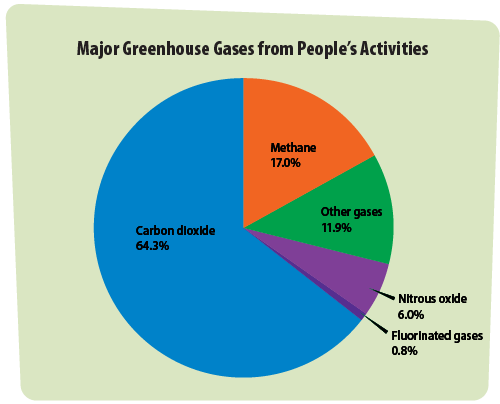Stay up to date with the latest news, announcements, and articles.
Effects of Natural Gas on The Environment
With the shift to renewable energy came an increase in the use of Natural Gas. Natural Gas was proven to release 50% less carbon dioxide than coal, reduce greenhouse emissions and be more cost-effective. However, this energy source is not without disadvantages and affects the environment negatively. These effects occur majorly during extraction, transportation, and usage.
Effects During Extraction:
Natural gas affects the environment during the following extraction processes:
- HYDRAULIC FRACTURING:
A method frequently used in the extraction of Natural Gas is hydraulic fracturing( fracking). During this process, vertical wells are drilled thousands of feet into the earth through water tables and shale rocks to reach the oil and gas. This process results in earth tremors, groundwater contamination, and the release of methane. It also affects wildlife, devastates ecosystems, and results in gas explosions.
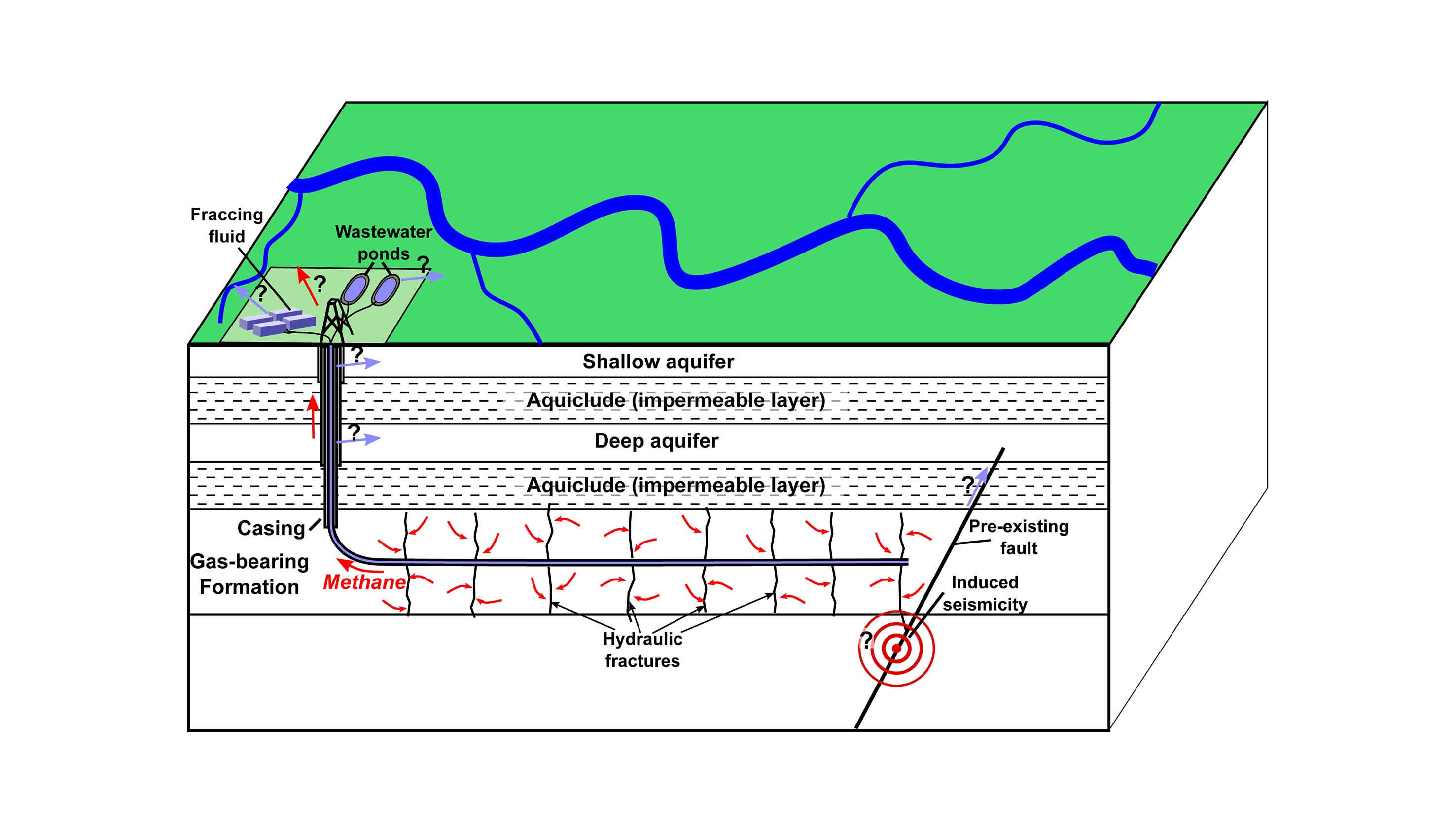
- VERTICAL DRILLING:
This is a somewhat extinct method of extraction where wells are drilled straight down into the earth through porous rock formations. This process only works for instances where the natural gas formation is directly below the Earth’s surface. This method usually requires multiple wells causing surface erosion, land tremors and it is extremely costly. Considering the non-renewability of Natural Gas, it rapidly depletes it past its production rate.
- HORIZONTAL DRILLING:
This involves the use of a flexible drilling pipe which bends at target depth and then drills horizontally through the natural gas deposit. This technique requires specialized equipment and has a higher risk of error. It is expensive and is sometimes used in combination with fracking. This method often results in soil and water spills, flow reduction in water bodies, and groundwater contamination.
- ACIDIZING:
This is a technique that involves the addition of acid to the drilling well to dissolve loose debris and create channels in the rocks. Acidizing is less regulated than other methods and is believed to improve oil well life. This method often poisons the groundwater, threatening local ecosystems and wildlife. Because of the chemicals used, surrounding water sources are also endangered and Human life is often at risk.
Effects During Transportation
Natural gas affects the environment during transportation. Highly pressurized Natural Gas is transported along pipelines. This is divided into three systems:
- The Gathering pipeline system:
These systems are the beginning of the transportation chain. They consist of smaller pipes that move Natural Gas from wells to processing plants.
2. Interstate/Intrastate pipeline system:
These networks of pipes transport Natural Gas between states and or nations. Their goal is to move Natural Gas from processing plants to the centers of consumption. They serve as the intermediate in the transportation chain.
3. Distribution pipeline system:
As the name suggests, this system distributes Natural Gas to the end consumers. The pipes responsible for delivery to homes and communities fall under this category. It is the last segment of the transportation chain.
Because pipelines are constructed across various regions, they disturb ecosystems and cause habitat fragmentation. In cases of pipe leakages, blowouts may occur and the groundwater becomes toxic and unusable.
Occasionally, specially designed ships, trucks, or buses are used to transport Natural Gas. It is first cooled in large cryogenic tanks and converted to Liquified Natural Gas(LNG). The vehicles used in transportation run on fossil fuels thus reducing air quality and contributing to global warming. In cases of oil spillage, water and soil pollution as well gas blowouts may occur.
Effects During Usage
Natural gas is fast becoming the norm in homes and industries with a yearly use of roughly 132 million Mcf. Also, this fuel is less regulated as opposed to other fossil fuels and is gaining worldwide adoption.
However, Natural Gas contains 85-90% methane making it extremely dangerous to the environment. It results in pollution and increases global warming.
Air quality decreases daily due to methane infusion into the atmosphere leading to nausea, sickness, and in extreme cases, death.
Dangers of Methane in Natural Gas Production
Yearly, over 570 million tons (Mt) of methane is released into the atmosphere. This is due to processes such as the production and transportation of various fuels, agricultural practices, land use, and the decay of organic waste in municipal solid waste landfills.
Widely used in the form of Natural gas, Methane is not without problems. Below are some of the dangers of methane:
- GLOBAL WARMING
Methane is a greenhouse gas with 25 times the heat effect of carbon dioxide. Its presence in the atmosphere affects the Earth’s temperature and climate system. Over 20 years, methane does 80% more damage to the atmosphere than carbon dioxide and increases global warming by over 25%. As if the statistics aren’t alarming enough, methane concentration increases yearly further destabilizing the environment.
- AIR QUALITY DEGRADATION
Over the years, there has been a slow buildup of toxic gasses such as Methane, Carbon-dioxide, Ozone, etc in the air. The presence of methane also increases the concentration of other greenhouse gasses. This lethal combination affects ecosystems, threatens helpful microorganisms, and disrupts natural cycles.
- GAS LEAKAGE:
Gas leaks have devastating effects on the environment. When methane leaks during transportation, it pollutes the surrounding soil and water sources. This often leads to toxic groundwater and can affect the area’s animals and plants.
Gas fire is also a deadly consequence of these leaks. When blowouts occur, the tiniest sparks lead to massive fires resulting in topsoil erosion, air pollution, and in extreme cases loss of life and property.
- METHANE POISONING:
Methane is a relatively common gas and is often released in many natural processes. It is particularly dangerous to identify as it is tasteless and odorless. Its effects on plants, animals, and humans especially are disastrous. In cases of exposure to high methane concentration, humans experience nausea, dizziness, loss of eyesight, sickness, and in the worst cases, death.
Is Natural Gas a Bridge Fuel?
The term ‘bridge fuel’ was coined to explain a kind of fuel that serves as a means to end climate change and an intermediate to greener energy. Many proponents of Natural Gas refer to it as such ignoring the fact that it is neither renewable nor environmentally friendly.
Responsible for over 29% of yearly methane emissions in the US alone, Natural gas is not a solution to the climate crisis. Also due to wide adoption, it depletes by over 2% yearly all while contributing to global warming.
While it may be greener than its fossil fuel counterparts, it is by no means harmless to the environment. It could however serve as a bridge towards true green energy which is harmless to our environment and health.
Does Natural Gas Cause Global Warming?
The effects of natural gas on global warming are usually understated. However, Natural Gas produces methane which is 120 times stronger than Carbon-dioxide at trapping radiation thus increasing global warming by astronomical amounts.
Also, gas leaks often lead to gas explosions releasing carbon dioxide, methane, propane, and more into the atmosphere.
This deadly combination of gasses further increases global warming.
In 2015, it was discovered that Natural Gas and fossil fuels deliver 40% more methane than previously calculated.
Yes, Natural Gas contributes to global warming and there is a worldwide movement for regulation of its usage among other fossil fuels. It is the hope to reduce carbon imprints as well as methane effects on our journey to an all-green future.
CONCLUSION
Despite its negative effects on the environment, Natural Gas is an improvement on many fossil fuels sources. Serving as a bridge fuel, Natural Gas is necessary even as we find greener ways to improve the Earth’s chances and transition to clean and sustainable energy.
EZ Blockchain is an innovative company breaching the gap between the energy sector and the blockchain ecosystem. We believe that solving problems associated with gas flaring and stranded gas problems is a true win-win for both the energy and crypto industries.
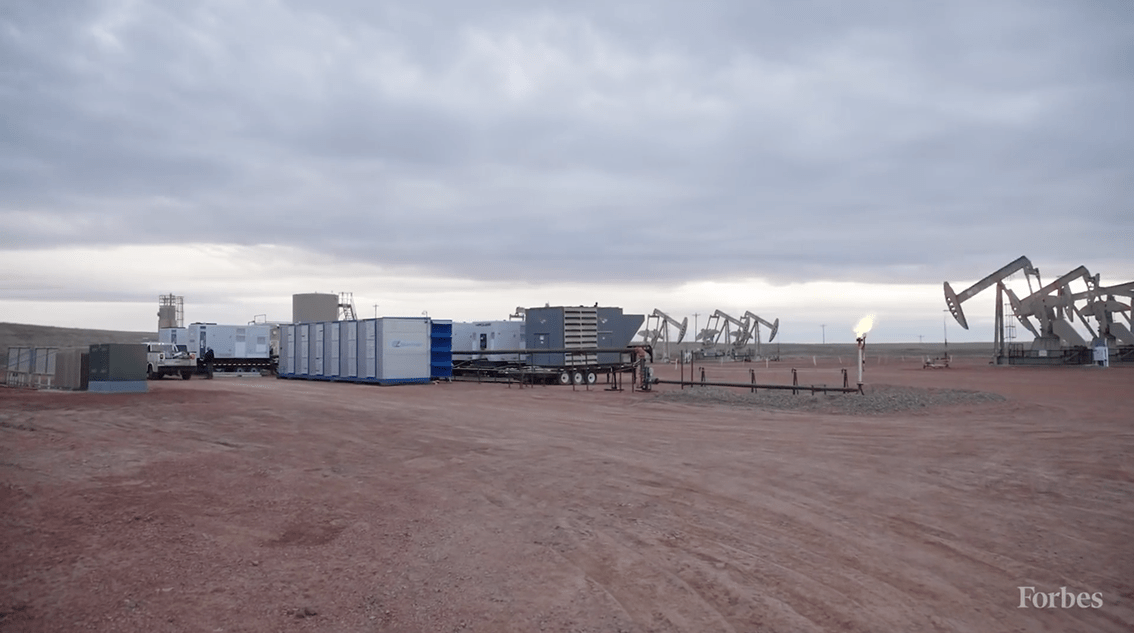
At EZ Blockchain, we understand the problem and its environmental implication, and this drove our mission to create a gas flaring mitigation solution. This solution is eco-friendly, economical, profitable for both producers and landowners while meeting environmental protection regulations.
We are on a quest to solve global waste energy problems with the help of crypto mining. We believe this is achievable through the strategic implementation of our innovative and revolutionary solutions.
Fill out a form and our bitcoin mining expert will contact you.
FREE CONSULTATIONchoose
a miner
profit and
understand data?
business remotely
with EZ Blockchain?
Fill out a form and our bitcoin mining expert will contact you.



